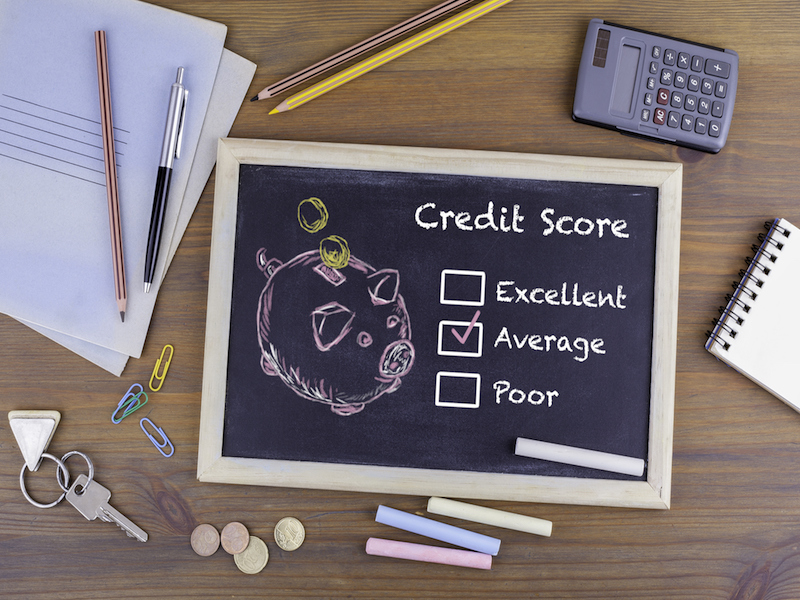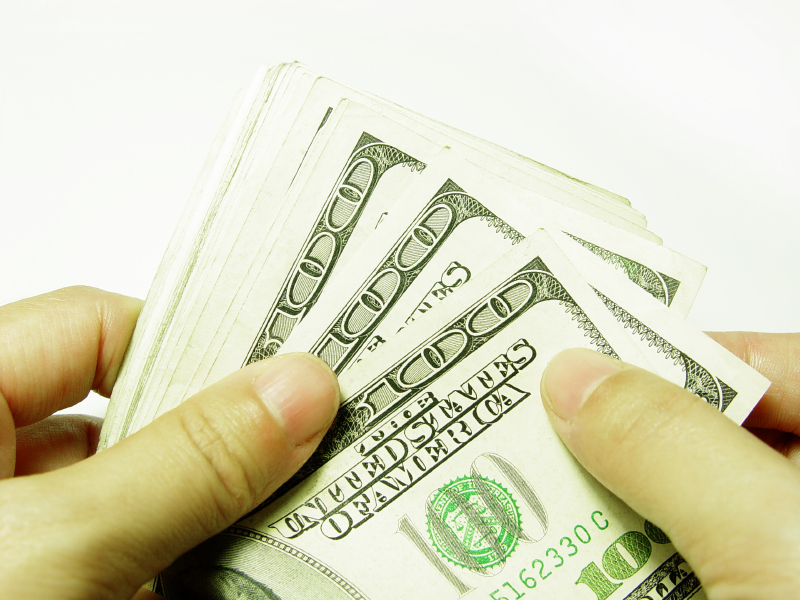Is Your Credit Rating Costing Your Company Money?

Credit ratings might help or hamper you running a business and existence. Building a favorable credit history is essential. Re-building yours after some form of personal or business financial reversal is intensely frustrating but important to returning in your financial ft. These scores are utilized by everybody from banks to landlords to insurance providers to judge you. Also it is not nearly your individual existence, like obtaining a mortgage or renting a house…your company is affected too.
Why would you care?
It is you cash. A low credit score can:
increase the price of your company insurance costs
enhance the rate of interest in your business charge cards
stop you from leasing a workplace or warehouse space
prevent you from leasing equipment or enhance the lease rate you have to pay
prevent you from obtaining the business lines of credit you have to construct your business
What are the differences from a credit history and a fico score?
You will find three major reporting companies: Equifax, Experian and TransUnion. These businesses track financial information from public record information and a multitude of financial sources, mortgage brokers and debt collectors. Your credit score is really a detailed listing of these details which every one of these companies compiles out of your creditors along with other public record information. A fico score is really a statistical computation that is dependant on the data found in all of your credit history. Each company calculates their scores individually and, given that they each their very own proprietary formula, your own personal score can vary from business to business.
What’s in a fico score? You will find five factors that lead to your credit rating:
Payment History
Outstanding Debt
Period of Credit History
Quantity of New Credit
Kinds of Credit Used
1. Payment History
Payment history makes up about roughly 35 % of your credit rating. Payments made promptly as well as in full possess a positive impact overdue payments, financial judgments, bankruptcies or charge-offs possess a negative affect.
2. Outstanding Debt
Roughly 30 % of your credit rating is dependant on the quantity of your outstanding debt. There are many calculations that come up here:
the number of the entire debt outstanding to total available debt
the number of the entire balance outstanding on every individual credit obligation towards the amount on credit or charge card
the amount of accounts which have balances
the quantity owed on various kinds of accounts, e.g., charge cards, quick installment loans or mortgage debt.
Having to pay lower balances is a vital method to enhance your score. Keep balances on individual cards below 30 % of the borrowing limit whenever possible. And try to avoid reaching or groing through the utmost credit limits on any debt obligation or charge card. It’s cool, but your credit rating will improve should you spread an account balance around on several charge cards instead of maxing out one charge card: Putting $2,500 on every of three charge cards with $10,000 credit limits each will improve for the score than putting the $7,500 on a single card having a $10,000 limit. The general balance due does not change, however the way it’s perceived through the scoring models does. Clearly, the very best factor to complete is pay all debt lower as quickly as possible and never make any overdue payments.
3. Period of Credit Rating
The amount of time you have had credit counts for roughly 15 % of the score. Generally, the more your credit report the greater, because it enables lenders to determine how you’ve handled your financial troubles obligations during a period of years.
4. Quantity of New Credit
New credit applications and new credit accounts represent roughly 10 % of the score. Opening multiple new credit accounts very quickly period can hurt your score. So be cautious about balance transfer promotions onto new cards and individuals 10% discount offers for opening a brand new charge card with retailers. Opening new accounts to obtain the store discount will set you back in your credit ratings, so do not do it if you are presently looking for a home loan or any other credit.
5. Kind of Credit
The kind of credit you’ve comes with an roughly 10 % effect on your credit rating. A mixture of charge card, auto, installment and mortgage debts are positive. A power of only charge card debts are not.
Useful Hints for Enhancing Your Score
Look at your credit history at least one time each year and phone the loan reporting agencies to fix anything that’s wrong.
Don’t decrease your credit ratings by opening numerous accounts in rapid succession.
If you’re rate looking for a mortgage or vehicle loan, try to get it done inside a short time. Credit rating agencies attempt to separate comparison rate searching for one mortgage or vehicle loan, and searching for multiple new lines of credit or charge cards.
Closing a free account does not allow it to be disappear on your credit score. By closing a free account you lower the general quantity of credit you’ve which can negatively impact your score.
Repay what you owe promptly – individuals hefty overtime charges accumulate and overdue payments can definitely hurt your credit rating.











